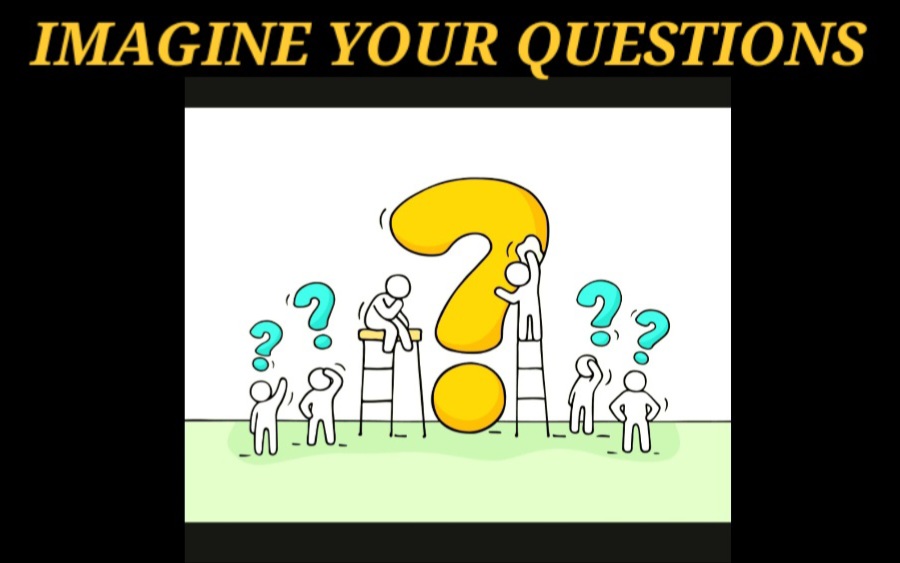Everyone has silent flaws. We are personally aware of them, but knowingly hide these weaknesses from others. Mine is with asking questions. Obtaining additional information within a conversation is not my problem. The absence of orchestrating the direction of the exchange from the start is. My inquiries often appear to be individual cries for untouched answers.
I have written a number of non-fiction books, where all have involved asking questions. Despite my confidence in pulling together a storyline, I find myself unable to focus on the “right questions,” while seeking strong answers in return.
I have confidence that strong questions reveal private thoughts, often hiding as complex life issues. Asking the “right questions” creates the hunt for what we are instantly thinking. This moves toward previously undisclosed answers.
Herein lies my problem. As an author, asking “right questions” regarding life’s purpose or complex spiritual matters sets up personal hurdles. Those obstacles can become idiosyncratic, causing ambiguity to flourish.
From my perspective, asking the “right question” is better than asking a “smart question.” Honestly, asking intelligent questions only serves to show how clever I think I am.
In our quest to unearth alternative ideas, we need to be thoughtful and to ask “big questions.” Responses then involve challenging issues of life with self-examination.
“Big questions” are not just noble in their design. They call for an immediate adjustment to one’s thinking. An example includes this: I could simply ask what you are going to do with the rest of your life. Or, I can set the conversation differently by suggesting that as you are aging, how can you adjust your life in order to continue your spiritual and personal development?” In essence, the request has shifted the direction to what is the best that you can do going forward. This allows for a deeper personal response.
“Big questions” also give us permission to privately examine ourselves. We can review life’s crossroads and explain how we would do things differently; to review what we truly regret or cherish. Memorable answers are developed. They are not threatening nor are they painful. Often, they release the secret thoughts we hold privately in exile.
“Big questions,” coupled with big answers patiently allow us to become open to topics of deep concern. They bring out the spiritual explorer that resides in our heart, while removing the simplicity of our human existence.


 Bud Megargee is a former senior behavioral healthcare executive; a Washington, DC., healthcare lobbyist; and an independently published, best-selling and award-winning author. He began writing after exploring Eastern philosophy and alternative medicine techniques in the professional treatment of emotional challenges at a Taiwanese Buddhist monastery.
Bud Megargee is a former senior behavioral healthcare executive; a Washington, DC., healthcare lobbyist; and an independently published, best-selling and award-winning author. He began writing after exploring Eastern philosophy and alternative medicine techniques in the professional treatment of emotional challenges at a Taiwanese Buddhist monastery.